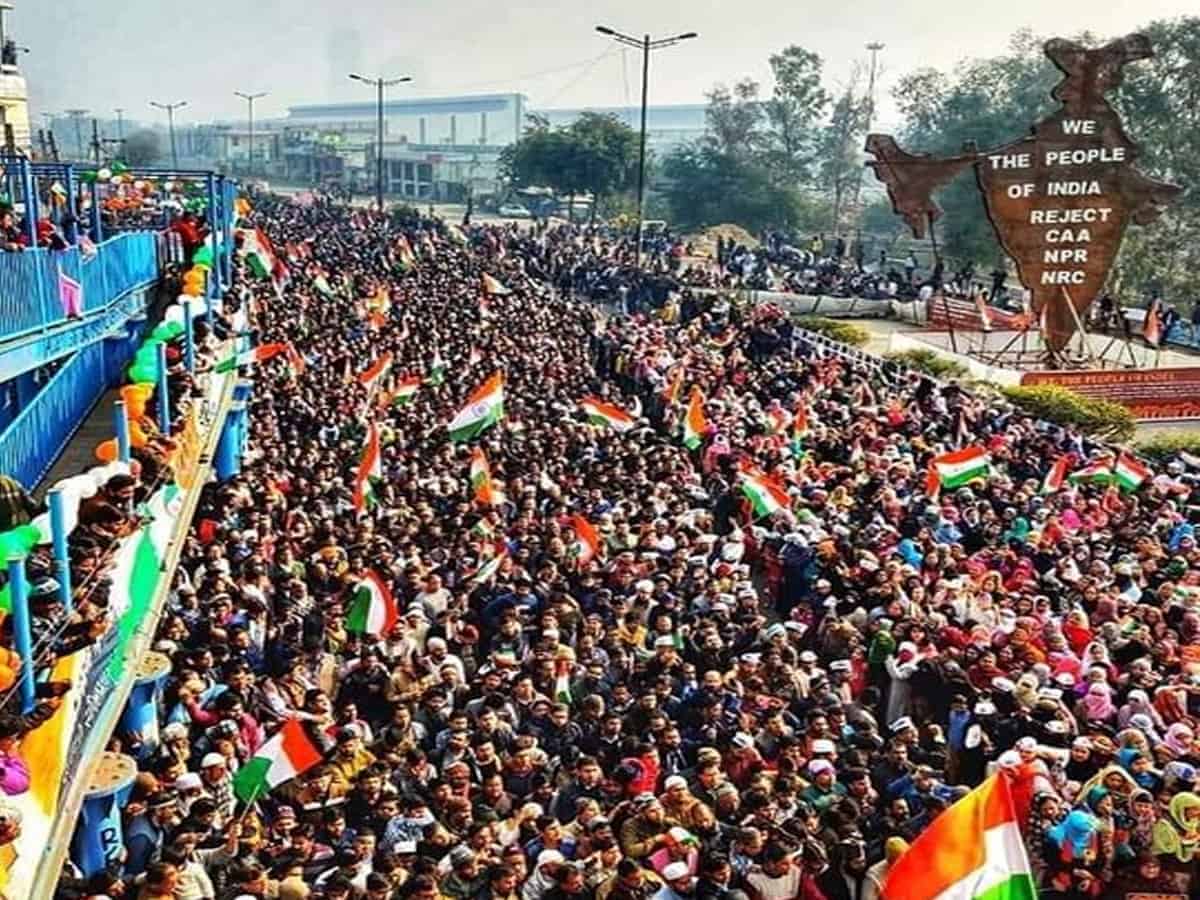Washington: Ambassador Alice Wells, Trump administration’s point person for South and Central Asia for the last three years, who is scheduled to retire from the US foreign service this month, is an exemplary diplomat, US Secretary of State Mike Pompeo said on Wednesday.
“I want to give a shout out to one of my colleagues, Alice Wells, as she prepares to depart the State Department. She has done remarkable work,” Pompeo told reporters at a news conference here.
Wells, the Acting Assistant Secretary of State for South and Central Asia for over three years now, is scheduled to retire later this month.
“I have worked closely with her. She is an exemplary diplomat who, for more than three decades now, has served the American people. I want to wish her all the best in her future endeavours,” Pompeo said.
Deputy Assistant Secretary of State for South Asia Thomas L Vajda will head the South and Central Asia (SCA) Bureau of the State Department temporarily.
Earlier this week, Vajda was nominated by President Donald Trump as the US Ambassador to Myanmar.
“Deputy Assistant Secretary Tom Vajda was recently nominated for the position of US Ambassador to Burma. Following Ambassador Wells’ retirement and pending action on DAS Vajda’s nomination, he will be serving as the SCA Bureau’s senior bureau official on an interim basis,” a State Department spokesperson said.
This is the first time that the position of Assistant Secretary of State for South and Central Asia has remained vacant for over three years.
Indian-American Nisha Desai Biswal was the last one to serve in this position. Trump had nominated Robert William for this position, but he withdrew himself.
However, for all practical purposes, Wells led the SCA Bureau in the State Department for the entire term of the Trump administration, serving under two secretaries of state — Rex Tillerson and Pompeo.
In January, Wells visited India and met senior government officials to advance the US-India strategic global partnership, following the success of the 2+2 Ministerial Dialogue in Washington in December last year.
A votary of strong US-India ties, including enhanced military cooperation amidst China flexing its muscles in the Indo-Pacific and Indian Ocean regions, she has frequently highlighted the commonalities between the world’s biggest democracy and oldest democracy.
Wells has said the quality and frequency of India-US naval cooperation, especially the information sharing, have reached unprecedented levels with continued progress on defence cooperation, peacekeeping operations, space, counter-terrorism, trade, people-to-people initiatives and more.
Terming the bilateral ties as “unshakeable”, she has said the US and India enjoy a close partnership that grows stronger day by day.
Her significant travel to New Delhi happened a month ahead of Trump’s state visit to India on February 24-25 at the invitation of Prime Minister Narendra Modi.
Wells has also been wary of some of the Indian government’s decisions on Jammu and Kashmir and the Citizenship (Amendment) Act (CAA) and has publicly raised them.
New Delhi has defended its move, saying Jammu and Kashmir is an integral part of India and the issue is strictly internal to the country, and the special status provisions only gave rise to terrorism in the region.
The Indian government has maintained that the CAA, which was passed by Parliament, is an internal matter of the country and stressed that the goal is to protect the oppressed minorities of neighbouring countries.
Wells has also been putting pressure on Pakistan to rein-in the terror groups on its soil and help lower tensions with India.
During her tenure, she has expressed concerns over terrorist groups continuing to enjoy a safe haven in Pakistan and asked the country to do more against “externally-oriented” extremist outfits.
Wells has also been critical of the USD 60 billion China-Pakistan Economic Corridor (CPEC), a planned network of roads, railways and energy projects linking China’s Xinjiang province with Pakistan’s Gwadar Port, saying there is no transparency and firms blacklisted by the World Bank have got contracts, which will increase the cash-strapped country’s debt burden.

